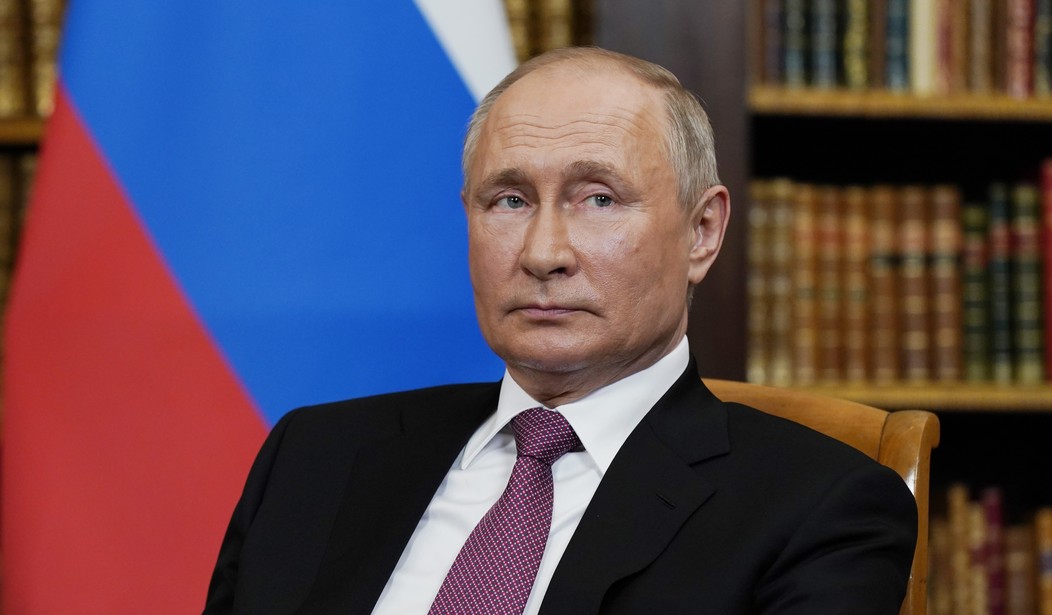Two months ago the NY Times published a story revealing that as many as 130 people had been impacted by what has become known as “Havana Syndrome.” Today NBC News reports the total number of Americans reporting symptoms is up to 200, with cases on every continent except Antarctica.
A U.S. official with knowledge of new potential cases of so-called Havana Syndrome said a steady drumbeat of cables has been coming in from overseas posts reporting new incidents — often multiple times each week.
A recent and previously unreported incident in Berlin cut short at least one diplomat’s term in Germany, U.S. officials and others briefed about the matter said.
Another person who was briefed this month about recent incidents said, “It is global — but there seems to be an awful lot going on in Europe.”…
Almost half of the possible cases involve CIA officers or their relatives, two officials said, while about 60 involve Defense Department employees or relatives, and around 50 were linked to the State Department.
The chances that this is a random occurrence drop pretty low when you realize nearly everyone reporting this is in the CIA, FBI, State Dept. or Defense Dept. This is pretty clearly a very targeted attack on American government officials.
Earlier this week the New Yorker reported that the new hotspot for these attacks has been Vienna.
Since Joe Biden took office, about two dozen U.S. intelligence officers, diplomats, and other government officials in Vienna have reported experiencing mysterious afflictions similar to the Havana Syndrome. U.S. officials say the number of possible new cases in the Austrian capital—long a nexus of U.S. and Russian espionage—is now greater than the number reported by officials in any city except for Havana itself, where the first cases were reported.
The article goes on to point out that Austria has been a sparring ground for rival spies from the US and Russia for decades. But the push and pull between Russia and the US was magnified during the Trump years:
At times, Vienna’s insistence on staying neutral, even in the face of blatant acts of aggression by Russian President Vladimir Putin and his intelligence services, became a source of frustration in Washington. One of those moments came in early 2018, when Trump’s national-security team tried to persuade the Austrians to join the British and other Europeans in expelling Russian spies to protest the G.R.U.’s attempted assassination in Britain of Sergei Skripal, a former Russian military-intelligence officer who had been a double agent for the U.K.’s intelligence services. “Our point was, ‘Look, they’re using your territory as a proving ground,’ ” a former Trump Administration official told me. “And they said, ‘This isn’t our fight. We’ve never had problems like this. They’re actually kind of nice to us.’ ”
Later that same year, Putin attended the wedding of Karin Kneissl, who at the time was Austria’s Foreign Minister. The two were seen embracing and dancing together at the event. White House officials were “gobsmacked” by the images, which undercut U.S. and European Union foreign policy. “The Russians value Austria. They have always thought that they had a special relationship,” a former U.S. diplomat told me. European officials told their American counterparts that they believed Putin himself had a vacation home on a lake somewhere in Austria.
In response to this, the Trump administration made efforts to pull Austria closer to the US and Europe. It was known as the Verbundenheit campaign, which means “new closeness.” Russia apparently hated it and in 2019 and 2020 Austrian officials who’d been friendly with the US were hit with a series of state-sponsored cyber-attacks. A former Trump administration official told the New Yorker “These were shots across Austria’s bow by the Russians.” This ultimately culminated in Austria taking the unusual step of expelling a Russian diplomat.
The suggestion that comes across in the piece is that Russia may be retaliating against the US campaign in Austria. Putin may be trying to do in Vienna what it did in Havana, i.e. attack enough of our personnel with this unidentified energy weapon that the US is forced to pull back. In this case, that would leave Russia more room to pursue their own close relationship with Austria without our interference. But of course the nature of these incidents is such that, at least so far, they can’t be attributed directly to anyone. So for the moment there’s not much we can do to stop this, at least not officially.








Join the conversation as a VIP Member